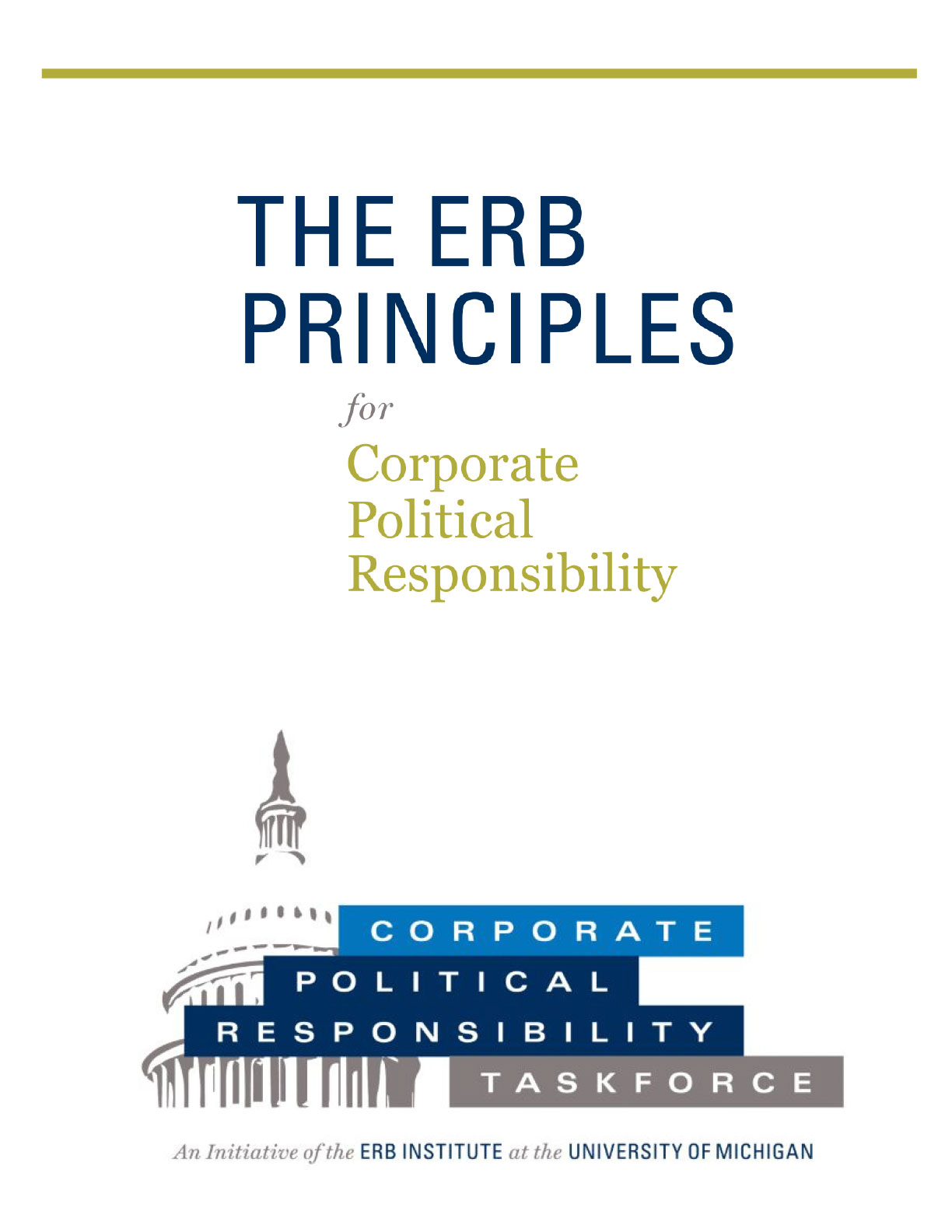Do you have a resource to recommend for The CPR Hub? Please reach out and we will review it for future updates!
Non-Spending as a Viable Government Relations Strategy
Video 1 of 3
On September 30, 2021, we spoke with Chris Padilla, Vice President, Government & Regulatory Affairs at IBM to explore “A Different Approach to Influence: Non-Giving as a Viable Government Relations Strategy.”
As described in Dealbook, IBM is one of only a handful of large U.S. companies that are not involved in direct political giving to candidates, and has advocated for public policy to address risks related to facial recognition software, artificial intelligence and even the workings of government. How do they do it? As companies struggle with increased reputational risk related to political contributions, is non-spending truly a viable strategy? And, beyond spending, how should companies think about advocacy relative to broader societal issues?
In this module, we explore:
• What is the thinking behind IBM’s non-spending strategy? Is it sustainable?
• How did IBM make that decision, and how do you make it work?
The Corporate Political Responsibility Taskforce (CPRT)’s Expert Dialogues are in-depth, recorded conversations with academic experts, stakeholder advocates and business practitioners to provide our members and other CPR champions with the expertise and context they need to develop principled, proactive CPR strategies. Specifically crafted as conversation-starters for business students, government affairs officers, sustainability executives, diversity, equity and inclusion leaders, investors, academic experts, and stakeholder advocates, each module is designed to spark constructive, non-partisan, principles-based dialogue without “being political.”
Christopher A. Padilla leads IBM's global government affairs team of more than 100 professionals in thirty six countries. His team represents IBM’s interests before governments worldwide on such issues as cyber security policy, taxation, trade, intellectual property rights, workforce and education policy, and government procurement. He is also responsible for corporate compliance with export controls, economic sanctions, and customs regulations. He has been named one of Washington’s Top Corporate Lobbyists by The Hill newspaper.
Keywords: #CPRPracticesPoliticalSpending #CPRPracticesResponsibility #CPAPoliticalSpending #CPRPracticesCandidates #CPALobbying #CorporatePoliticalResponsibility #CPRPracticesEEEngagment


